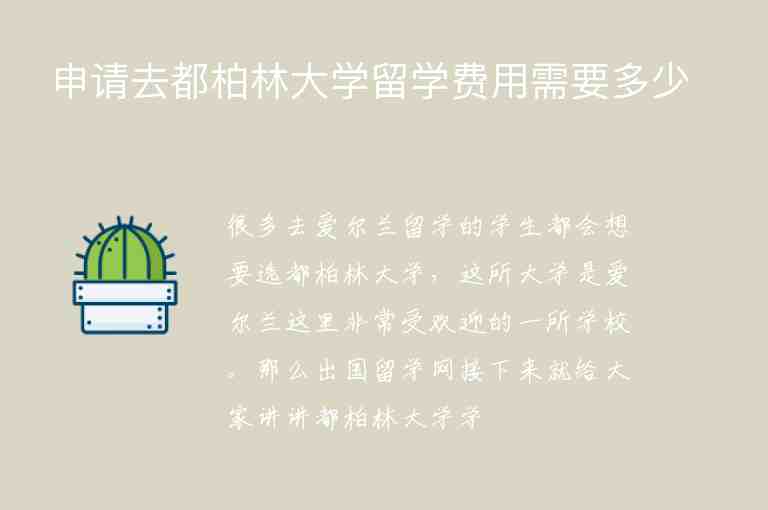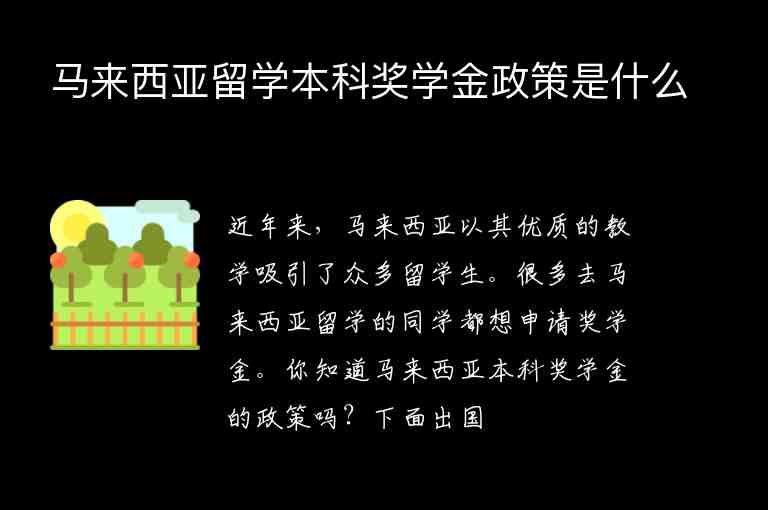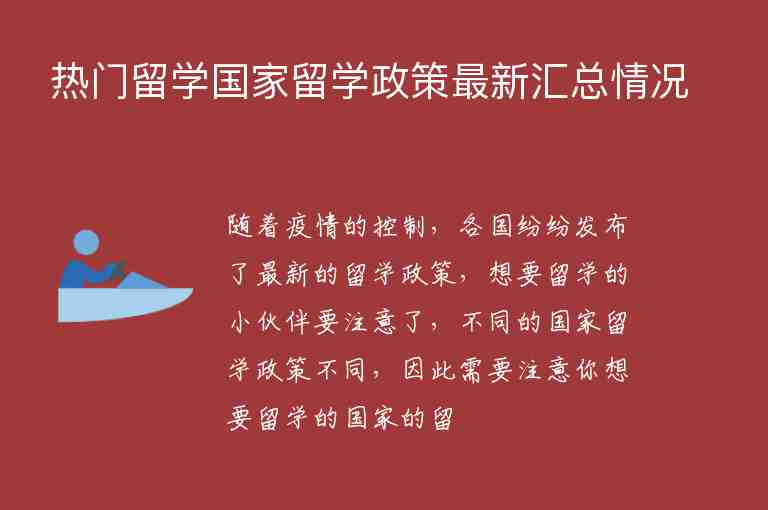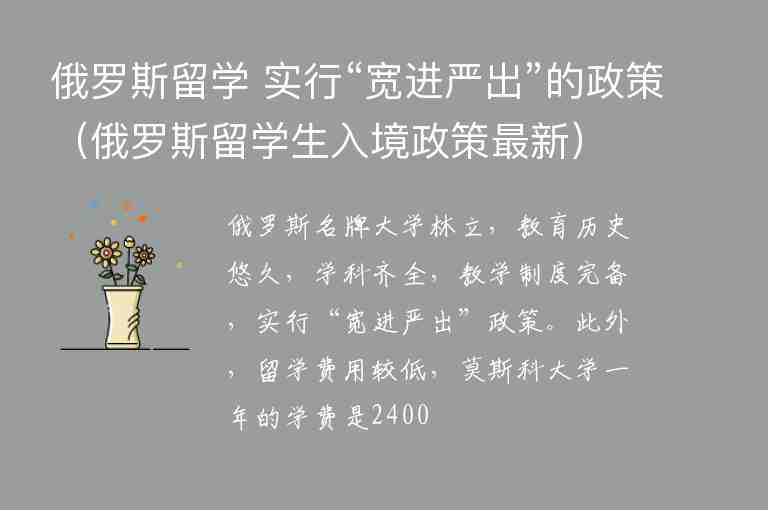一:anti-什么意思?用法、例句的意思
anti-是一个拉丁前缀,意为“against”或“opposite”。它通常用来表示反对、或对抗的意思。在英语中,anti-常用来构成形容词、名词或动词,表示反对某种事物或观点。
二:怎么读(音标)
[ˈænti]
三:用法
1. 作为前缀,anti-可以加在名词前面构成形容词,表示反对某种事物或观点。
:
antisocial (adj.) 反社会的
antibacterial (adj.) 抗菌的
2. 作为前缀,anti-也可以加在动词前面构成名词,表示反对某种行为。
:
antidisestablishmentarianism (n.) 反对废除国教制度的主张
3. 作为前缀,anti-还可以加在动词前面构成动词,表示或反对某种行为。
:
antibullying (v.) 欺凌
4. 在表达反对、或对抗的意思时,anti-通常与其它单词连用构成复合形式。
:
anti-government (adj.) 的
anti-war (adj.) 反战的
四:例句1-5句且中英对照
1. She is against the idea of moving to a big city. (她反对搬到大城市的想法。)
2. The new law has sparked an anti-government protest. (新法律引发了。)
3. The school has implemented an antibullying policy to create a safe environment for students. (学校已实施了一个欺凌的,为学生营造安全的环境。)
4. Many people are taking part in the anti-war demonstration in the city center. (许多人正在市中心参加反战。)
5. The company has launched an antibacterial product to fight against germs and bacteria. (该公司推出了一款抗菌产品,以对抗细菌和病菌。)
五:同义词及用法
1. Counter-:表示“相反”的意思。
:
counterargument (n.) 反驳论点
counterclockwise (adv.) 逆时针方向
2. Opposite:表示“完全相反”的意思。
:
opposite views (n.) 完全相反的观点
opposite directions (n.) 完全相反的方向
六:编辑总结
anti-是一个常用的前缀,它通常用来表示反对、或对抗的意思。在英语中,anti-可以构成形容词、名词或动词,与其它单词连用构成复合形式,表达反对、或对抗的意思。为了避免重复使用,可以考虑使用同义词counter-或opposite来替换。




